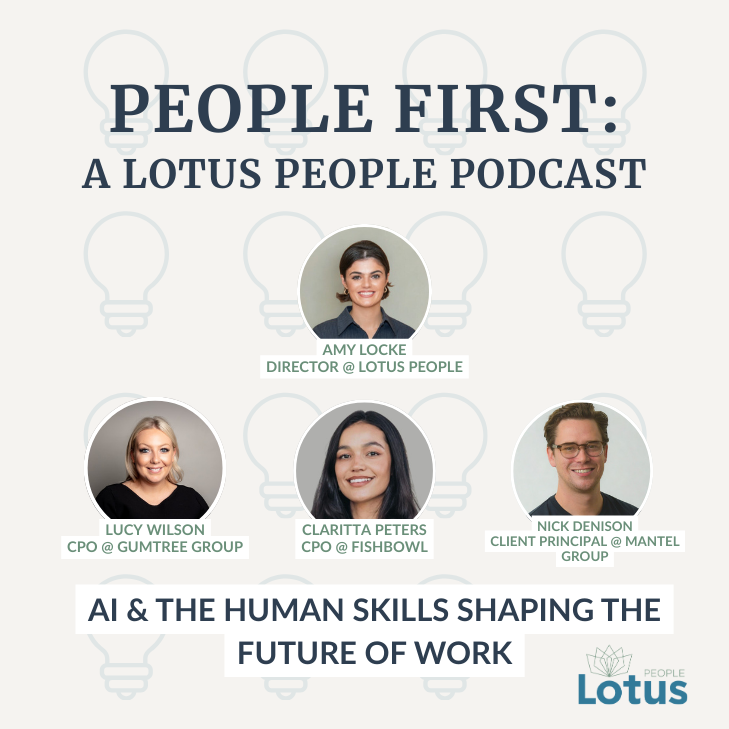LinkedIn has reported on the Workplace Gender Equality Agency‘s data revealing that women have been hit harder by the coronavirus epidemic than men. There are a number of reasons for this. Across all industries, women make 74.8% of the part-time workforce and 55% of the casual workforce – both of which were dramatically impacted at the outset of COVID-19 and have been, to an extent, excluded from government initiatives. On top of this, women dominate particular industries that were hit the hardest; from retail to accommodation and the performing arts.
But, of course, an inherent gender imbalance in Australian society has compounded the impact. Workplace Gender Equality Agency Director Libby Lyons reminds us that “in female dominated industries, statistics show that women are doing the hard work and men still dominate at manager level. We know from our dataset that women work part-time at three times the rate of men. When organisations have to downsize, they tend to go for low-hanging fruit like casual and part-time workers because it’s easy.”
You may also like...





